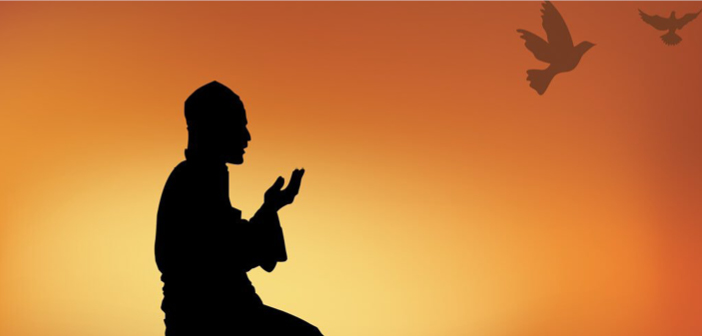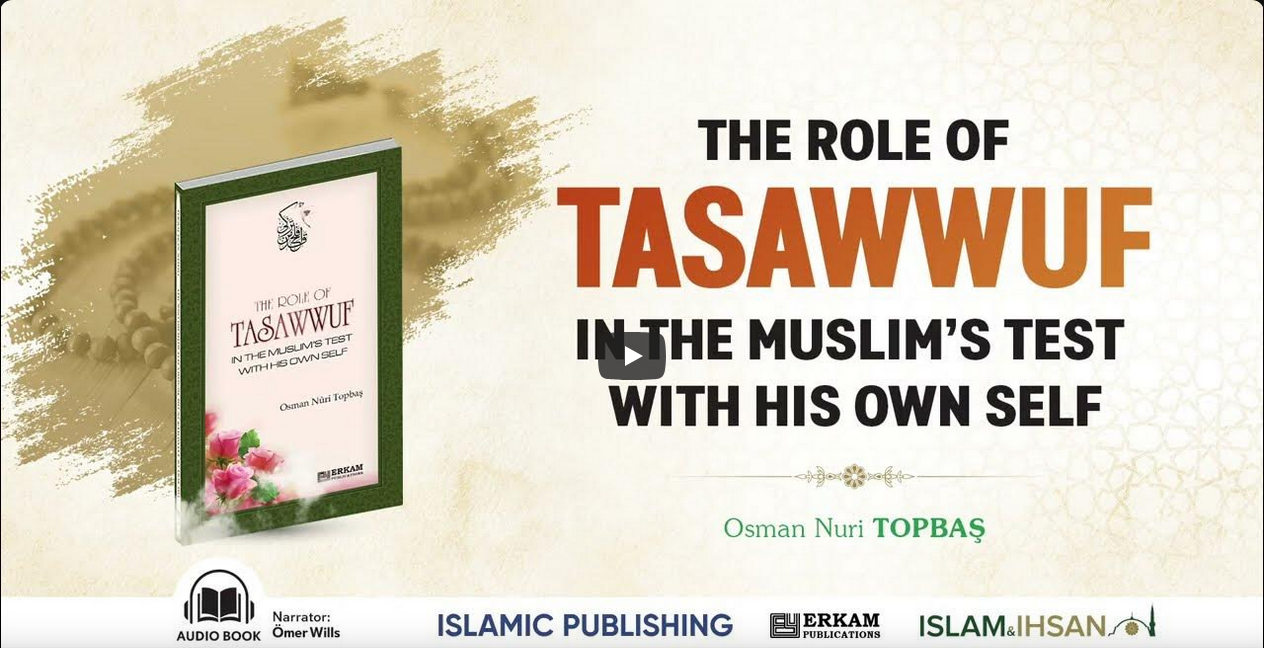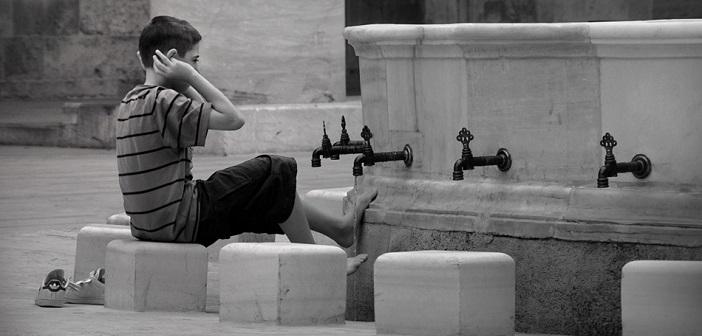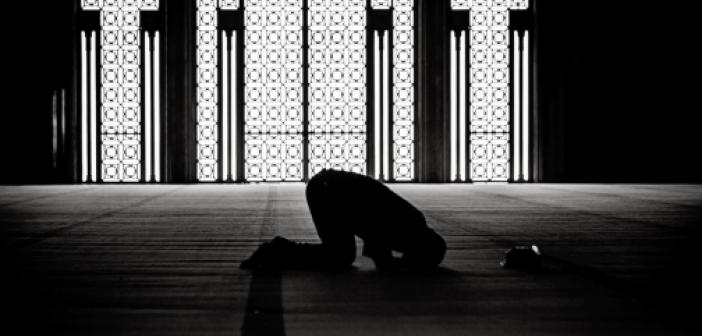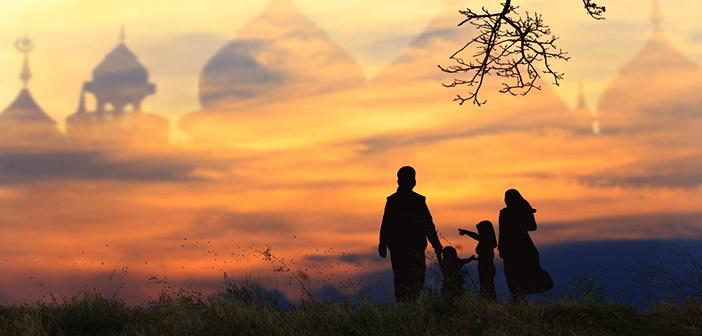
Islam Upholds Social Solidarity
How is social solidarity in islam?
By their creation human beings are social beings. A human being can’t live alone. He is in need of other human beings who he will establish closeness and bonds with. On top of this, Man is created weak and he is not capable of satisfying all his needs alone. So, human beings should live together as communities, they should help each other, and they should perform their duties to God together. The Messenger of Allah (blessings and peace be upon him) commands as follows:
“The hand (help) of Allah is with the community. Whosoever deserts the community ends up on the path to Hell.” (Tirmizi, Fiten, 7/2167)
“Community is mercy, separation into factions is torment.” (Ahmad Ibn Hanbal, IV, 278)
All the acts of worship such as praying in congregation, Friday prayer, festivity prayers, Pilgrimage (Al Hajj), obligatory Alms giving, aiding with people’s livelihoods, sacrifice, and human relationships such as funeral ceremonies, weddings, visiting the ill, holding the relationships with the relatives strong, taking care of the needy always encourage people to be social. Of course, there are some troubles that arise when people interact. Patience and endurance are key. Islam promises great rewards to Muslims who live in a society and assume the burdens of people.
Our master the Prophet used to relate to all people kindly and never broke their hearts even though he used to be troubled by rude or blunt people. His uncle ‘Abbas (Allah be pleased with him) felt pity for the Prophet’s situation and said:
“O Messenger of Allah! I see that people are troubling you, they are bothering you with the dust they are raising. Why don’t you set up a special tent and talk to people from there?” Our Master (blessings and peace be upon him), who was sent as mercy to all the worlds, said:
“No! Until Allah takes me from among them and leads me to serenity I will continue to be with them. It doesn’t matter, let them step on my heels, pull my clothes, or bother me with the dust they are raising!” (See Darimi, Muqaddimah, 14; Ibn-I Shayba, Musannef, VII, 90; Ibn-i Sa’d, 193)
The Messenger of Allah (blessings and peace be upon him) recommended the same thing to his nation by saying:
“The Muslim who lives with people and endures the anguish that they cause is better than the Muslim who is not present with them and who avoids enduring the anguish.” (Tirmizi, Kiyamah, 55/2507).
Islam directs people to a dynamic life and social activities by ordering us to work to obtain sustenance, marry and have children, aid in people’s livelihood, be the giving hand, utilize time well, utilize the world as the place to earn the hereafter at a maximum level, declare truth to all humanity and lead them away from wrongs, defend material goods, life, chastity, the health of generations, and the country… By inculcating that “whosoever performs a good deed shall see its recompense and whosoever performs an evil deed shall see its recompense even if the deed is in the size of an atom,”[1] Islam facilitates a more careful, active, and alert life.
[1] Az-Zalzala (The Earthquake), 99: 7-8; Al-An’âm (Livestock), 6: 104; Az-Zumar (The Companies), 39: 41; Fussilat (Made Plain), 41: 46; Al-Jathiya (Kneeling), 45: 15.
Source: Dr. Murat Kaya,The Final Divine Religion: ISLAM
Its Essence is Oneness of God (Tawhid)




